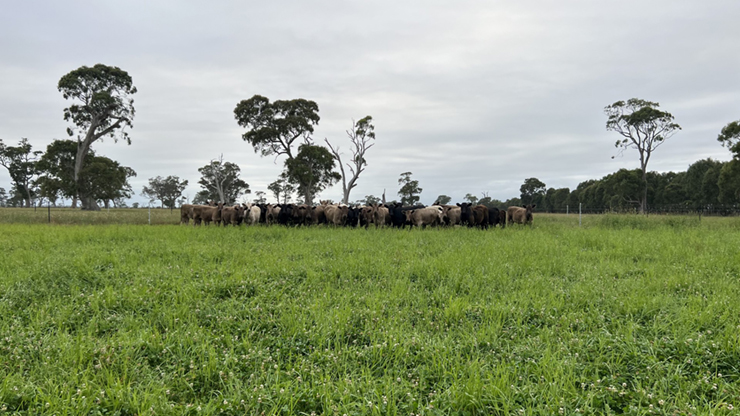Voters with the highest risk of suffering COVID-19’s worst effects say they’re more likely to cast ballots by mail this November, even though many of them aren’t sure how to do it, according to a new survey from Rice University.
Close-up Of Person’s Hand Putting Letters In Mailbox
The survey, conducted in August, asked 6,578 registered voters in Harris County a series of questions about their experience voting in July (if any) as well as their expectations and intentions for the November election. They were also asked what they know about – and whether they’re interested in — mail-in voting, drive-thru voting and the county clerk’s website that offers information on voting in person.
Most of the surveyed voters said they intend to vote early or, if possible, by mail. However, survey author Bob Stein, the Lena Gohlman Fox Professor of Political Science at Rice, and his fellow researchers found that many of them don’t know much — if anything — about how to vote by mail.
A robust public information campaign is needed to inform voters about the process, Stein said.
Other findings from the survey:
– Voters most at risk from COVID-19 are even more likely to switch from voting on Election Day to early voting or mailing in their ballots. However, many underrepresented populations are not planning to make the switch, and the researchers conclude that Harris County should reach out to them and encourage them to switch.
– Drive-thru voting is a popular alternative to in-person voting, particularly among younger voters, racial minorities and disabled voters.
– Most surveyed voters said they would use a website from the county clerk’s office provided it had useful, live information. Most of the voters who say they wouldn’t use the website explained it was because they always vote at the same polling place.
– Voter evaluations of Harris County’s S.A.F.E. initiative – a commitment to keep the election process secure, accessible, fair and efficient — were uniformly positive.
– The S.A.F.E. initiative increases the likelihood that voters will cast ballots in person, and it is particularly important to Democrats, women, African Americans, Asian Americans and people with disabilities or underlying health conditions.
– Stein and his fellow researchers hope the survey will provide a better understanding of voting behavior during the pandemic and prompt the county clerk’s office to provide better access to all voters.
The report was co-authored by Rice students Carolyn Daly, Mason Reece and Arisa Sadeghpour and Elizabeth Vann, director of program and partnerships at Rice’s Center for Civic Leadership. To request a copy, contact Amy McCaig, senior media relations specialist at Rice, at [email protected].








